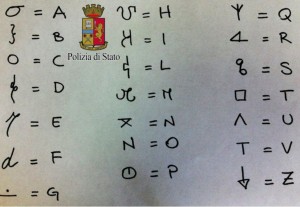The US FCC Ruling favouring Net Neutrality is a definitive step toward the shift of ? Internet-regulation-power from the Parliament to the Government.
It is of little importance whether the FCC endorsed or rejected the (notably wrong and unjust 1) idea of Net Neutrality. What actually counts is that somebody else than a Parliament self-advocated a ruling power affecting fundamental rights that should have remained under the legislative assembly shield.
The US case is not the first and is not alone. Italian Autorità garante per le comunicazioni (a sort of FCC-like independent body) has since longtime passed regulations and opinions about issues that should be a prerogative of the Parliament.The most notably case is the anti online piracy regulation that superimpose a due-process infringing, parallel investigation and trial system to the actual, court-led criminal trials.
- The idea of an equal, non discriminated access to the Internet is not bad as such. But if a State wants to provide this opportunity, it shouldn’t be done at the ISPs and Telcos expenses. In other words: traffic shaping and – in general – the techniques that make possible to prioritize the packet’s transit – allow small companies to compete with bigger ones without the need of huge infrastructural investments. Why smaller companies should be banned by the competition “just” because somebody “wants” a free access? This “need” ought to be satisfied by the State itself with a Net-Neutral, publicly-owned and managed network leaving the private sector free to compete. I understand, of course, that this “socialist” approach is out-of-history and is not backed by an economic rationale. And this is exactly the reason why Net-Neutrality is wrong or – at least – non sustainable if its burden is on the private-sector only. ↩

